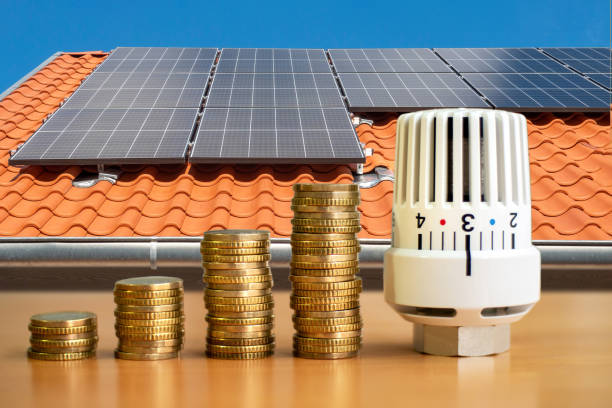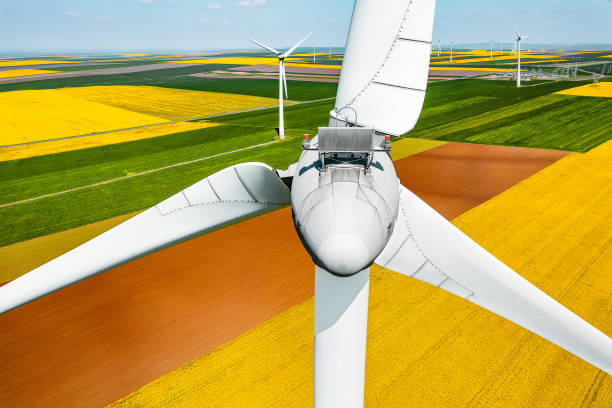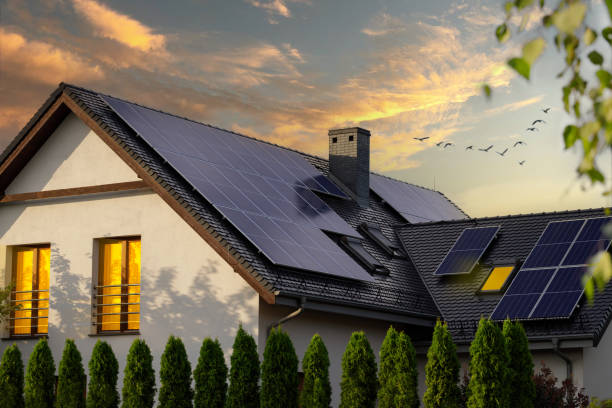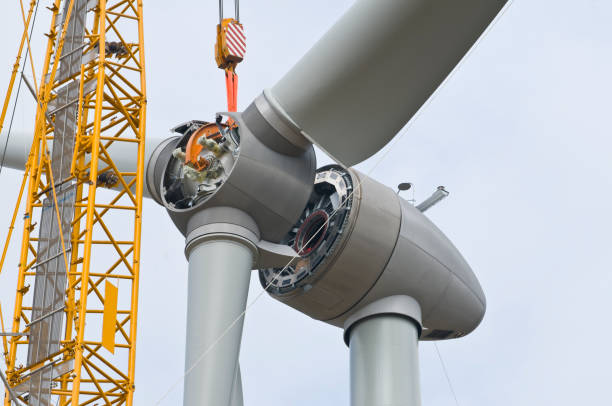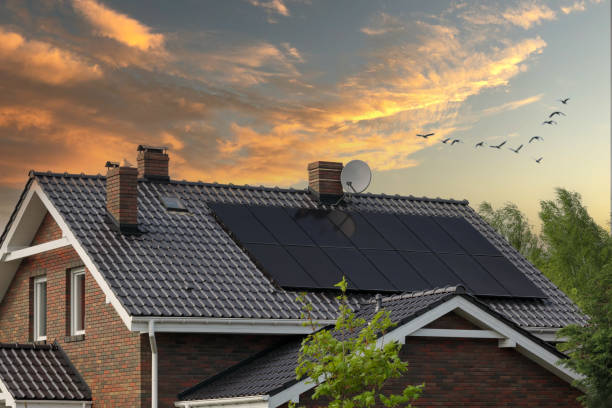The Benefits of Renewable Energy: Powering Your Home with Clean Sources
This post contains affiliate links. I may earn a commission at no extra cost to you if you make a purchase. Note that I’m not a health or outdoor safety professional, so further research is advised. Your support keeps Outdoors A-Z running—thank you! Read the full disclosure.. Read the full disclosure here.
Renewable energy is becoming increasingly popular as people recognize the importance of transitioning from fossil fuels to clean and sustainable energy sources. In this article, we will explore the numerous benefits of renewable energy and how it can power your home with clean sources. From environmental advantages to economic benefits, renewable energy offers a promising solution for a more sustainable future.
Table of Contents
Introduction
The world is facing urgent environmental challenges, and the way we produce and consume energy plays a significant role in addressing these issues. Renewable energy, also known as clean energy, is derived from sources that are naturally replenished and have a minimal impact on the environment. This article will highlight the benefits of renewable energy and shed light on why powering your home with clean sources is advantageous.
Definition of Renewable Energy
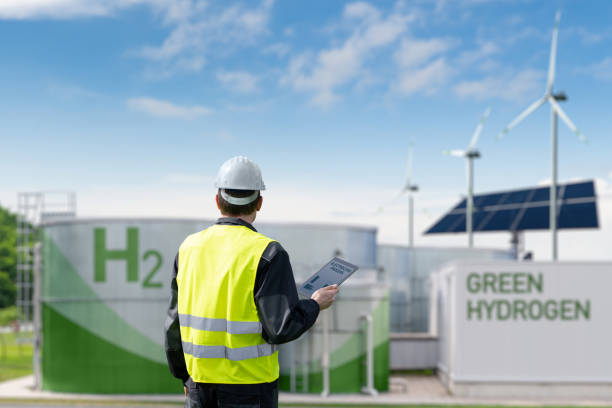
Renewable energy refers to energy obtained from sources that are naturally replenished within a relatively short period. These sources include solar, wind, hydroelectric, geothermal, and biomass energy. Unlike fossil fuels such as coal, oil, and natural gas, which are finite resources, renewable energy sources are virtually limitless and can be harnessed without depleting the Earth’s reserves.
Environmental Benefits
One of the key advantages of renewable energy is its positive impact on the environment. By utilizing clean sources of energy, we can significantly reduce greenhouse gas emissions, the main contributors to climate change. Renewable energy technologies produce little to no carbon dioxide or other harmful pollutants during operation, making them a vital tool in mitigating climate change. Furthermore, the use of renewable energy helps preserve precious natural resources such as water and forests.
Economic Advantages
The adoption of renewable energy has a profound effect on the economy. Investing in clean energy infrastructure creates new job opportunities and stimulates economic growth. Renewable energy projects require skilled workers in various fields, including engineering, manufacturing, installation, and maintenance. This job creation benefits both local communities and the overall economy.
Additionally, relying on renewable energy sources reduces dependence on imported energy, leading to increased energy security and a more stable economy. While the upfront costs of renewable energy systems may be higher, the long-term savings in energy bills make it a cost-effective solution.
Energy Independence and Security

Renewable energy promotes energy independence and security. By diversifying our energy sources, we become less reliant on fossil fuels and vulnerable to geopolitical risks. Countries that heavily rely on imported energy face potential disruptions in supply due to conflicts or price fluctuations. In contrast, renewable energy harnesses local resources, reducing the need for energy imports and enhancing energy resilience.
Health Benefits

The shift to renewable energy positively impacts human health. Traditional energy sources such as coal and oil contribute to air pollution, leading to respiratory diseases, cardiovascular problems, and other health issues. Renewable energy technologies produce clean power, eliminating harmful emissions and improving air quality. By reducing pollution-related health risks, renewable energy helps create healthier communities and improves overall well-being.
Technological Advancements
Advancements in renewable energy technology have significantly enhanced its efficiency and reliability. Solar panels have become more affordable and efficient, allowing homeowners to generate their own electricity.
Wind turbines have become larger and more efficient, harnessing more energy from the wind. Additionally, the integration of smart grids and energy storage systems enables better management and utilization of renewable energy, ensuring a stable and reliable power supply.
Final Thoughts
The benefits of renewable energy are clear and wide-ranging. From reducing greenhouse gas emissions and mitigating climate change to creating jobs and improving air quality, renewable energy offers a sustainable and promising solution for our energy needs. By harnessing the power of the sun, wind, water, and other clean sources, we can power our homes and communities while preserving the environment for future generations.
FAQs
Is renewable energy more expensive than fossil fuels?
Renewable energy systems may have higher upfront costs, but they offer long-term savings and cost-effectiveness. As technology advances and economies of scale are realized, renewable energy becomes increasingly competitive with fossil fuels.
Can I power my entire home with renewable energy?
Yes, it is possible to power your entire home with renewable energy. By installing solar panels, wind turbines, or utilizing other clean energy sources, you can generate electricity to meet your household’s energy needs.
How does renewable energy help combat climate change?
Renewable energy sources produce little to no greenhouse gas emissions during operation, unlike fossil fuels. By transitioning to clean energy, we can reduce our carbon footprint and mitigate the effects of climate change.
What are the financial incentives for adopting renewable energy?
Many governments and organizations provide financial incentives for adopting renewable energy, such as tax credits, grants, and net metering programs. These incentives help offset the initial costs and make renewable energy more accessible.
How can I contribute to the growth of renewable energy?
You can contribute to the growth of renewable energy by installing solar panels on your home, supporting renewable energy policies, advocating for clean energy solutions, and reducing your energy consumption.



